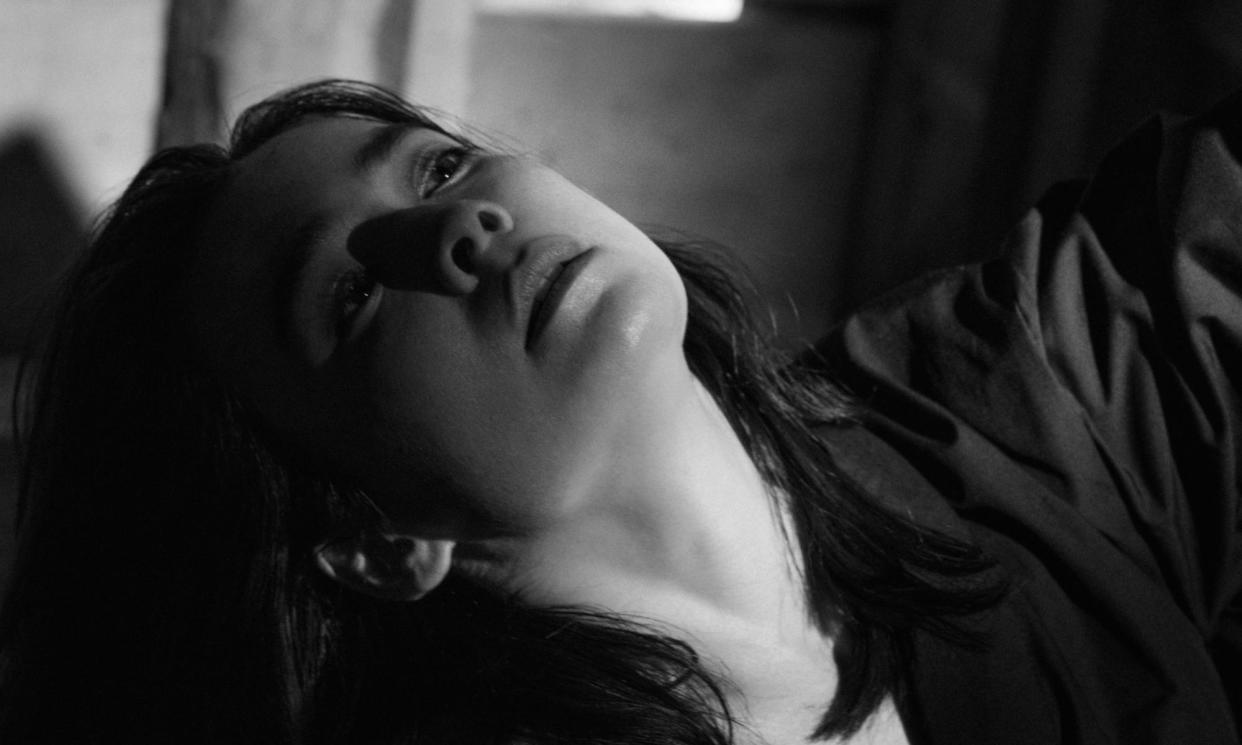The 50 best albums of 2023, No 5 – Mitski: The Land Is Inhospitable and So Are We

The lead single of Mitski’s previous album, 2022’s Laurel Hell, took a bleak view of her future in music. “I used to think I’d be done by 20,” she sang on Working for the Knife. “Now at 29, the road ahead appears the same / Though maybe at 30, I’ll see a way to change.” It was the Japanese American songwriter’s latest treatise on her conflicted relationship to her niche but intense fame. After several of her songs unexpectedly went viral, Mitski saw her mordant, nuanced introspection reduced to “sad girl” pop and came to feel dehumanised by the extreme elements of her fandom. Nevertheless, Laurel Hell riskily embodied her uneasy proximity to the mainstream by dabbling in sharp-edged synth-pop that came off like a dare between herself and her audience about who would vault her there first. It was the last release on her record contract, and at the end of the tour it seemed as though Mitski would retreat from public life for good.
At 32, however, it seemed Mitski saw a way to change. This summer, she announced that she had not only renegotiated her deal, but her relationship with her audience: “Ultimately, I recognised that I really want to keep making music, and I’m willing to take the difficult stuff with the wonderful stuff – like any job, or relationship, or worthwhile thing in life,” she wrote. The admission heralded a surprise new album, The Land Is Inhospitable and So Are We, that was completely unlike anything Mitski had made before. After Laurel Hell’s prickly two-step with the big leagues – and the distorted guitar pop that made her name – The Land … was as intimate and penetrating as a dark night, filtering the shadowy hum of an album like Yo La Tengo’s And Then Nothing Turned Itself Inside Out through the country classicism of her adopted home in Nashville. It was Mitski’s own quiet crossroad blues, turning her tender negotiations between the cold certainty of isolation and the warm risk of connection into spooked, hymnal allegories populated by angels, kings and gods; bugs, dogs and birds, all spotlit beneath a benevolent moon.
Related: Mitski: how the US songwriter scored the year’s quietest global chart smash
This being Mitski, these are never simple dichotomies. On The Land …, loss is never without comfort, and comfort never without loss. “Sometimes a drink feels like family,” her self-avowed “drinker” protagonist sings on opener Bug Like an Angel, a loosely stitched acoustic glow that’s as intoxicating as a first sip, and a choir joins her to harmonise, “faaaaamily”. She drinks from a – permanently? – departed lover’s half-empty coffee cup on the swooning, pedal steel-ribboned Heaven, an obsessive song about cherishing intimacy that’s followed, comically, by the tonal whiplash of I Don’t Like My Mind, a knowing melodrama about the horrifying intimacy of being trapped with your own brutal brain. The sparkling organ dirge Star compares the distant flush of new love to a far-off star, irretrievable and dying, but a guiding light nonetheless as romance mutes and matures. The earthly fatalism of crushing standout I’m Your Man (imagine Phil Elverum tackling A Horse With No Name) is offset by the metaphysical hope of surprise TikTok hit My Love Mine All Mine (Thom Yorke romancing a saloon), in which Mitski bequeaths her love to the moon to shine it down on earth after she’s gone. While the ominous closer I Love Me After You presents solitude as defiant triumph – “I’m king of all the land” – the storm-lashed ending suggests she’s presiding over a lonely, desolate kingdom.
Mitski’s writing is captivatingly economical and enigmatic – there’s a blind dog protector, spiritual deals brokered with nightjars, “judgment by the hounds” – and her melodies sidle hypnotically around the gentlemanly arrangements, occasionally blossoming into devotional refrains that amplify the album’s already considerable magnetism. Both in its self-possessed pace and preoccupations – Mitski’s “witness-less me” – the album The Land … most evokes is Hejira, Joni Mitchell’s liminal musing on the pain and payoff of connection, to her lovers and her public (also made in her 32nd year). It’s no small comparison. But like Hejira, The Land … feels like a talisman to inspire searching and softening, and an understated masterpiece that yields its revelations in its own time.

 Yahoo News
Yahoo News 
